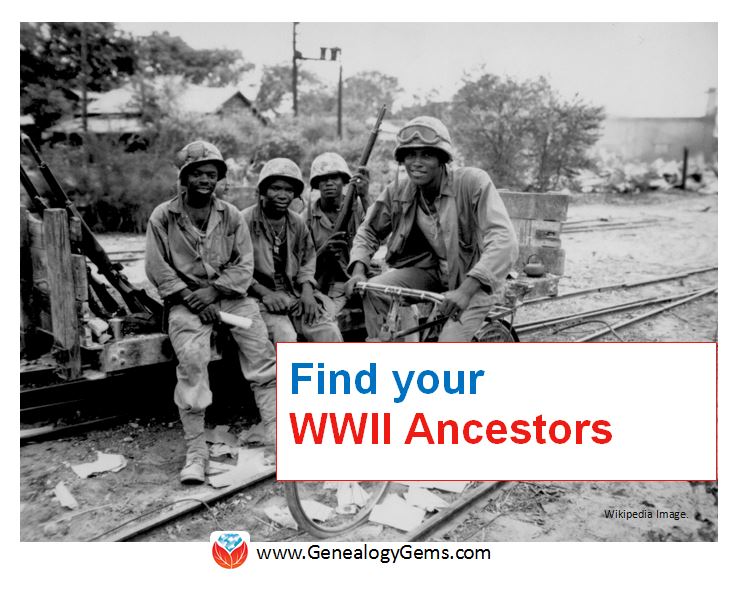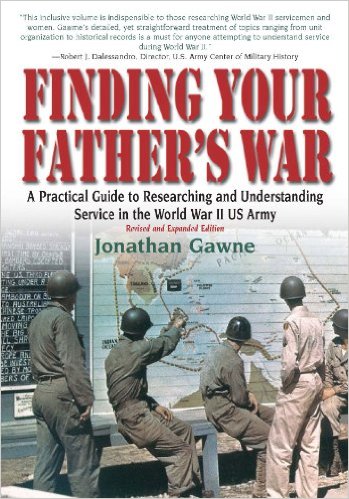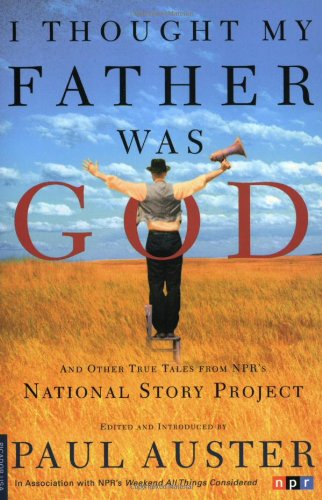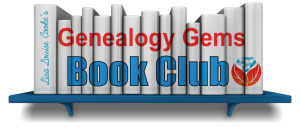Research WWII Ancestors in Action, At Home, Under Fire
Research WWII ancestors with these three tips. The experiences of our ancestors during World War II add a rich texture to their personal history. Whether in the military, on the home-front, or those living in neighborhoods that became battle zones, find their stories with these helpful tips.
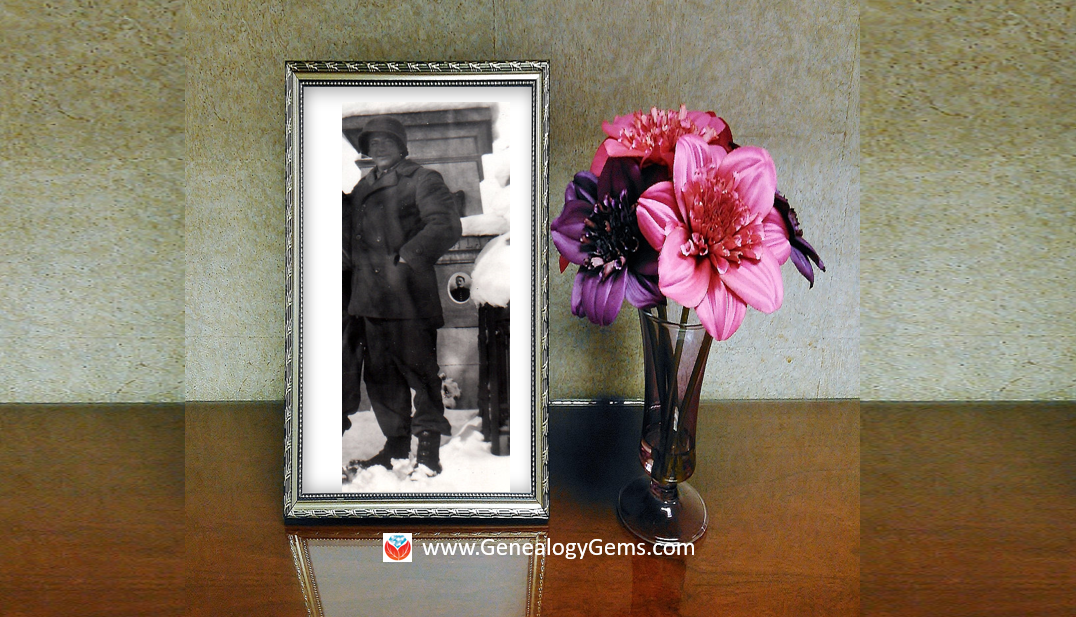
 In Everyone Brave is Forgiven by Chris Cleave, our current Genealogy Gems Book Club title, we read about different ways Londoners experienced World War II. A soldier shipped out to Malta, a female War Office recruit, a child evacuee, a civilian running regularly for underground shelters as bombs fell; these are just a few of the book’s poignant stories.
In Everyone Brave is Forgiven by Chris Cleave, our current Genealogy Gems Book Club title, we read about different ways Londoners experienced World War II. A soldier shipped out to Malta, a female War Office recruit, a child evacuee, a civilian running regularly for underground shelters as bombs fell; these are just a few of the book’s poignant stories.
That diversity of experience was part of our ancestors’ lives, too. Some served in the military and some kept the home fires burning. Some even dodged bombs or bullets in their own neighborhoods! Many experienced the horrors of concentration, POW, or other types of interment camps.
As many different experiences as they had, there are just as many ways to research their lives during WWII. Here are several scattered examples of the kinds of records and resources you may find. Do a little of your own exploring to see whether the kinds of materials below exist for your WWII ancestors.
Research WWII Ancestors: The Soldier
- Two get-started guides for U.S. researchers:
- Finding Your Father’s War Revised Edition: A Practical Guide to Researching and Understanding Service in the World War II US Army
by Jonathan Gawne.
- A free PDF guide from The National Archives (US): “Finding Information on Personal Participation in World War II.”
- Finding Your Father’s War Revised Edition: A Practical Guide to Researching and Understanding Service in the World War II US Army
- Military service records and databases such as those for the Australian Army, Australian Royal Navy and Australian Royal Air Force; Britain’s Royal Air Force; Russian Red Army forces and more.
- Military yearbooks for specific units.
- Records of women’s service in units such as the U.S. Cadet Nursing Corps.
- Prisoner of war records for combined military forces, United States, and British and Commonwealth forces.
- Military burials such as the Commonwealth War Graves Commission online database of British, Irish, and Commonwealth WWII casualties.
Research WWII Ancestors: On the Home Front and in Harm’s Way

Lisa’s grandmother heading off to work at Kaiser’s Richmond Shipyards, c. 1941
Millions of civilians’ lives were directly affected by the war. Many women entered jobs for the first time in their lives or began doing new types of volunteer work. Families faced rationing, price controls, and blackouts. Some unfortunates found themselves in the path of the war.
This article from the U.S. National Archives has an excellent review of the kinds of online and offline resources you can read to learn more about U.S. home front activities. Reading Everyone Brave is Forgiven will introduce you (in a re-imagined way) to the experience of Londoners caught in The Blitz. You can also explore The Blitz in this interactive map of the bombings.
Speaking of maps, one resource your home-front family would have used to follow troop movements and the progress of the war were the Stanley Turner maps. His collection contained a unique series of action-packed maps. These can add a fascinating and colorful layer of understanding to your family’s experience during this time.
Must-reads: The Genealogy Gems Book Club
 The Genealogy Gems Book Club is an exceptional virtual book club for everyone. Every quarter, we recommend a fiction or nonfiction title that has a compelling slant for family history lovers. Then, we interview the author and share the conversation with you. Right now, we’re talking about Everyone Brave is Forgiven by Chris Cleave, who joins us in a couple of weeks on the Genealogy Gems Premium Podcast (there’s an advance teaser in the free Genealogy Gems podcast episode 195.) Watch for these episodes and check out other titles we’ve recommended in The Genealogy Gems Book Club!
The Genealogy Gems Book Club is an exceptional virtual book club for everyone. Every quarter, we recommend a fiction or nonfiction title that has a compelling slant for family history lovers. Then, we interview the author and share the conversation with you. Right now, we’re talking about Everyone Brave is Forgiven by Chris Cleave, who joins us in a couple of weeks on the Genealogy Gems Premium Podcast (there’s an advance teaser in the free Genealogy Gems podcast episode 195.) Watch for these episodes and check out other titles we’ve recommended in The Genealogy Gems Book Club!


